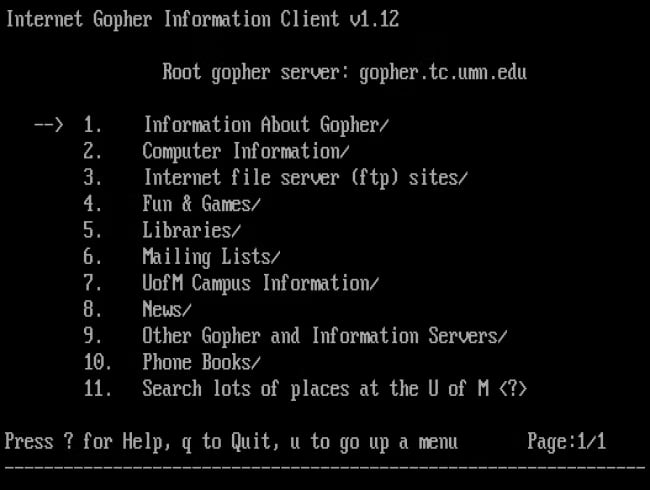
News
Artificial Intelligence for Publishers - Friend or Foe?
March 5, 2024

News
March 5, 2024
By: Trey Connell
Artificial Intelligence (AI) is not new, but it has invaded seemingly every industry after ChatGPT and other large language models (LLMs) burst onto the scene in 2022. We use GPTs as search engines, talk to them for hours, ask them to do tasks for us (having them write unit tests for my code is my favorite), and more. For crying out loud AI is even in our mattresses now. The publishing industry is no exception. The promises and claims of AI demand that publishers spend time exploring the opportunities and creating strategies for leveraging them. As ePublishing released AI-powered capabilities within our content management system products, there have been ample opportunities to hear from publishers and their varying positions across B2B, B2C, and News.
To some, AI represents an immediate opportunity to grow their business. It's a new form of gasoline they can pour onto the fire. They are excited and ready to fully embrace as many new capabilities as possible as quickly as possible. To others, a more measured, perhaps even skeptical, approach is how they choose to proceed. They worry that AI represents a possible erosion of the editorial trust they have worked so hard to build with their customers many times over decades.
Like many other strategic initiatives, a publisher will always be in the best position to judge how it will affect their business and the consumers of their content. No AI-powered company or product, no matter how compelling, can make that decision. Audiences and their specific needs and expectations simply vary too greatly. We work with publishers ranging from a single newspaper in a small rural community to LMS's offering online continuing education courses to B2B publishers with 40+ titles. Some are focused on sheer traffic while others maintain deeply personal connections with their customers. The unique relationship you have with your readers should play a primary part in your overall AI strategy.
It's impossible to talk about AI without addressing one of the biggest burning questions people have in the publishing industry - will AI take my job? The short answer is I am not concerned with that at all if we’re talking about a traditional media operation whose goal is to produce quality, well-conceived, and helpful content for their audience. Too many times people associate AI in publishing with some imagined machine simply churning out fake (or plagiarized) story after story on a website, replacing entire newsrooms of people in the blink of an eye. In my opinion, that is never going to be the case. AI is not going to replace talented people. It's going to 10x their productivity and enable them to do even more with their talents. We’re talking about vastly increased editorial workflow and productivity.
It's also not just about how AI could impact processes and workflows for your people and your company. What about the impact your content might have on AI? That's right - it's no longer just the traditional search engines and other bots (some of them not so friendly) who are crawling your content. You now need to decide if you want to allow AI crawlers to consume your content for contribution to their LLMs and other data stores. We see many publishers racing to add lines to their robots.txt file and prevent AI bots from reaching their content. I have mixed feelings about this. I'm old enough to remember when we were afraid of allowing Google to index our sites, fearing they would siphon off and steal our valuable content, like some digital search thief in the night. Instead, we learned we needed to optimize for Google because that's where people were going to find what they were looking for. Google just gave them a fast and straightforward way to get to our content. I also remember the days when there was no Google and we used Gopher as a means to find information, normally sitting in an educational institution's library.
If you used Gopher, it probably looked something like this.

Some of you might argue Gopher was a protocol and not a search engine, and you'd be right. But I think its primary use allows my little mental illustration to work. The point is we should be careful not to overreact to AI and the inclusion of our content in its models. I understand that plagiarism is a valid concern. However, what if we miss out on an opportunity where a person asks ChatGPT how to find the best content management system for publishers? If we prevent AI bots from accessing our data, that person is not going to learn more about ePublishing. And who are we to deny a person that kind of joy?!?! Seriously, our editorial and SEO tools are super cool. You should check them out.
I do believe there are valid concerns, not the least of which is plagiarism through AI. I am going to go out on a limb and predict plagiarism detection tools are going to get better and better, as will attribution for content "assembled" from AI models. While there are more pitfalls to navigate, I think an age-old principle still holds. Go where your audience is. AI applications and experiences are a huge part of that ecosystem and will only grow in usage. Publishers and marketers should allow their audiences to find them in those new channels. We complain incessantly that Google has a stranglehold on the ecosystem. Let's embrace new channels of engagement where we can reach people outside the almighty Search Engine Results Pages (SERPs).
If you're a publisher creating a strategy for leveraging AI in your business, I recommend some important steps.
There's one thing that hasn't changed. We still have to pay attention to Google. Google has already replaced Bard with its new super-charged AI named Gemini. That evolution is causing everyone to wonder just how Google's Gemini is going to affect search engine optimization and how publishers can prepare. Gemini is multimodal. That means it works across images, video, audio, and text. This could open up new algorithms for how Google handles SERPs for voice and image search input. Non-text content, like podcasts and videos, could have an even greater impact due to Gemini's ability to process them in the context of its LLM, so you better make sure that content can be located and processed within your digital asset management system. Image optimization may become even more important (think cropping and exposure and surrounding context) and not just for the speed and performance of your website's page draws.
How is Gemini going to affect a reader's journey and behavior? Will it present answers right in the SERPs, thereby eliminating (at least in some cases) the need for the reader to click and go deeper? If so, how do publishers monetize those visitors differently? What are new strategies to entice that visitor to click even if Gemini is presenting detailed answers inline and will Google enable those strategies? How will the UI/UX of Google's search page change to fit the more conversational capabilities of Gemini (like we saw glimpses of with Google Bard)? I had an off-and-on conversation with ChatGPT a couple of weeks ago for over 2 hours. We discussed the best way for me to connect with the CloudFlare API for managing our customers' DNS records and CDN programmatically. I now want the same thing in every "search" box I encounter.
What is your strategy? Are you charging into the artificial intelligence fray, slinging content with no regard, or are you more methodical and cautious? Here's the good news: neither answer is wrong.
I love connecting with new people and sharing ideas. Find me on LinkedIn.